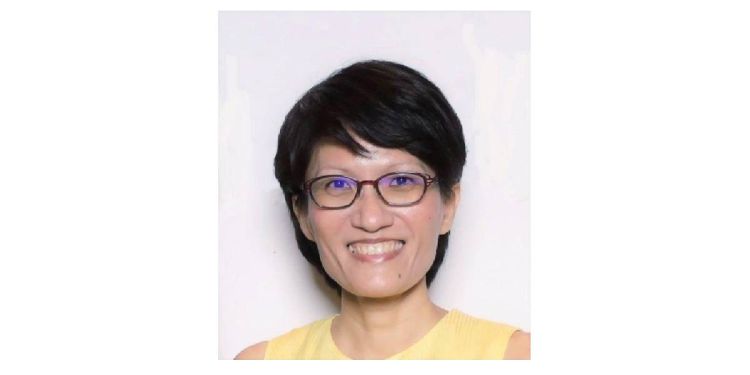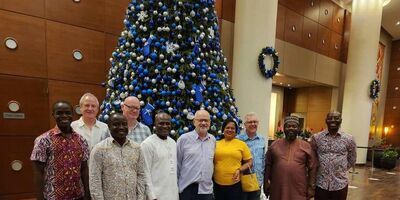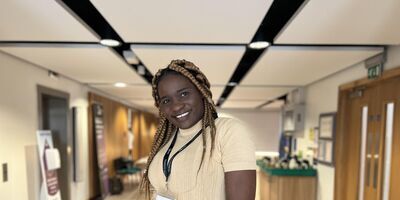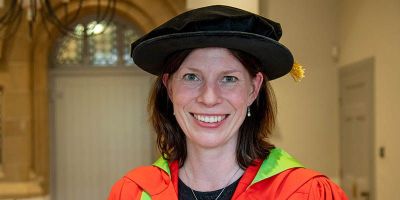ITS alumna wins Voorhees-Large Prize 2020

Miaw Ling Chor wins the 2020 Voorhees-Large Prize for her Transport Planning Masters dissertation "Residential Price Impacts due to London Overground & Potential Inference for Metroisation"
Miaw Ling is the Senior Manager in the Singapore Land Transport Authority’s Rail Planning Division, leading multi-division workgroups in rail projects as well as providing guidance on the implementation of strategic rail schemes. The Division undertakes travel demand forecasts, financial and economic studies, and seeks Cabinet funding approvals for rail projects.
Since she was young, she has been fascinated by buildings and transport infrastructure and wondered what it takes to create them. As she grew up, she realised that ‘this infrastructure not only changes the landscape we live in, but it also shapes and influences the way people live work and travel’. After graduating from the National University of Singapore with a Bachelor degree in Civil Engineering, Miaw Ling joined the Land Transport Authority as a transport planner, becoming involved in planning high signature development projects such as the Singapore Sports Hub and Gardens by the Bay. She also worked closely with land use agencies on town planning and undertook regional land use-transport impact studies. After the completion of a Masters in Real Estate, she moved to the Rail Planning Division to obtain more exposure in macro public transport planning.
In 2019, Miaw Ling was awarded a government scholarship to study for the University of Leeds Transport Planning Masters.
For her Masters dissertation, using a London Overground case study, Miaw Ling investigated a new dimension in rail benefits appraisal for potential application in TfL’s future metroisation projects. While there are numerous studies demonstrating that developments near new rail stations experience value uplift, there is no known study on how different kinds of metroisation (improvement in frequencies, service quality and extensions to improve connectivity etc) can affect property prices. Her dissertation divides the London Overground into various sections and formulates various quasi- experimental models to quantify the relationships of residential property values with land use/transport characteristics, and the time-profile in which value uplift effects occur. She found that the highest positive uplift was observed for frequency/capacity improvements, and that it was highly influenced by factors such as Index of Multiple Deprivation, average prices in the locality and presence of external negativities. An uplift anticipation effect was positively observed for most stretches of London Overground about one year before opening, while post-opening uplift was less consistent. The application of the London Overground model results to major branches of South London rail lines suggested a potential uplift varying between 2.5 and 12%.
Her dissertation provides insights to the quantification of land value capture to enhance current rail appraisal framework, so as to improve policy makers’ decision making and unlock funding for future transport projects.
“I am very grateful to have won the prize, especially as my research was conducted in the midst of the challenging COVID period. As rail investment requires significant capital and operational subsidies, I hope my research will contribute to a more holistic land use- transport appraisal framework, allowing governments to potentially claw-back the land value uplifts so as to partially finance or justify future rail improvements. I would like to thank my supervisors, ITS staff and TfL for their guidance, and support from my family and friends.”
The ITS supervision team were Dr John Nellthorp, Dr Manuel Ojeda Cabral and Dr Daniel Johnson who gave modelling and econometrics assistance. We are also grateful to have been able to collaborate with Transport for London and thank TfL colleagues for their help and valuable insights. The Brian Large Bursary Fund is a registered charity, formed by Brian Large’s family, friends and colleagues to keep his memory alive.




